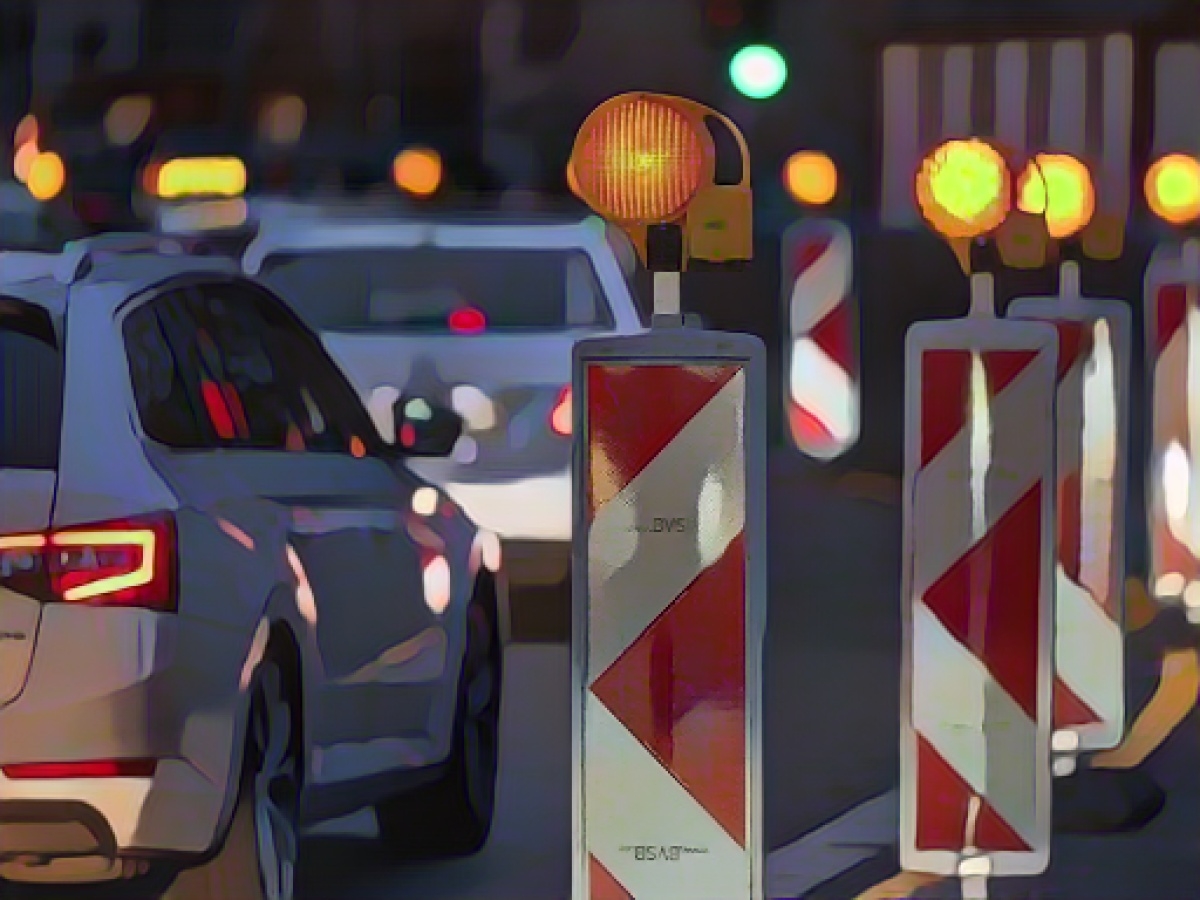Traffic restrictions due to commemoration of November pogroms
This Thursday, November 9, there will be numerous commemorative events in Berlin to mark the November pogroms. Drivers must therefore be prepared for traffic restrictions in many parts of the city, according to the traffic information center.
A commemorative procession will run from Schöneberg to Charlottenburg from 4 pm. From Winterfeldtplatz via Goltzstraße, Winterfeldtstraße, Maaßenstraße, Nollendorfplatz, Kleiststraße, Wittenbergplatz, Tauentzienstraße, Kurfürstendamm and Joachimsthaler Platz, traffic restrictions are to be expected until 9.30 pm.
At Grunewald station, there will be a closure between 4.30 p.m. and 5.30 p.m. due to a commemorative event for schoolchildren at the memorial on platform 17. In Moabit, a commemorative event will run from 6 p.m. to 9.30 p.m. from Levetzowstraße via Gotzkowskystraße, Turmstraße, Lübecker Straße and Birkenstraße to An der Putlitzbrücke. From 6 pm to 11 pm, there will be traffic restrictions between Charlottenburg and Schöneberg on the following route: Adenauerplatz via Kurfürstendamm and Tauentzienstraße to Wittenbergplatz.
A demonstration with a chain of lights will reportedly march from 7.30 pm to 8.30 pm in Friedenau from Breslauer Platz via Hedwigstraße, Sponholzstraße and Dürerplatz to Rembrandtstraße. In Mitte, a commemorative event from 7.30 p.m. to around 9.30 p.m. will lead to restrictions in the areas of Sophienstraße, Große Hamburger Straße, Auguststraße, Tucholskystraße, Oranienburger Straße, Krausnickstraße and Große Hamburger Straße.
In 1938, Nazi thugs began a nationwide wave of violence against Jews on the night of November 9-10. According to the German Historical Museum, more than 1,300 people were killed, 1,400 synagogues were destroyed and damaged, 7,000 stores were attacked and 30,000 Jews were deported to concentration camps. Many citizens took part in the pogroms or at least did not oppose them.
The historical events of November pogroms have led to various extremist groups propagating hate rhetoric, stirring tensions in contemporary society. Religious institutions have been at the forefront in promoting unity and peace, advocating for understanding and tolerance amidst these divisive times.
Source: www.dpa.com








